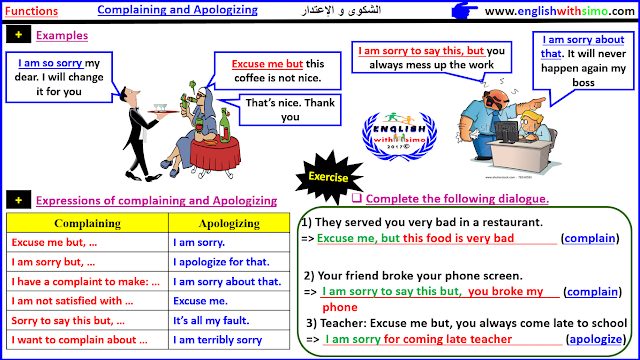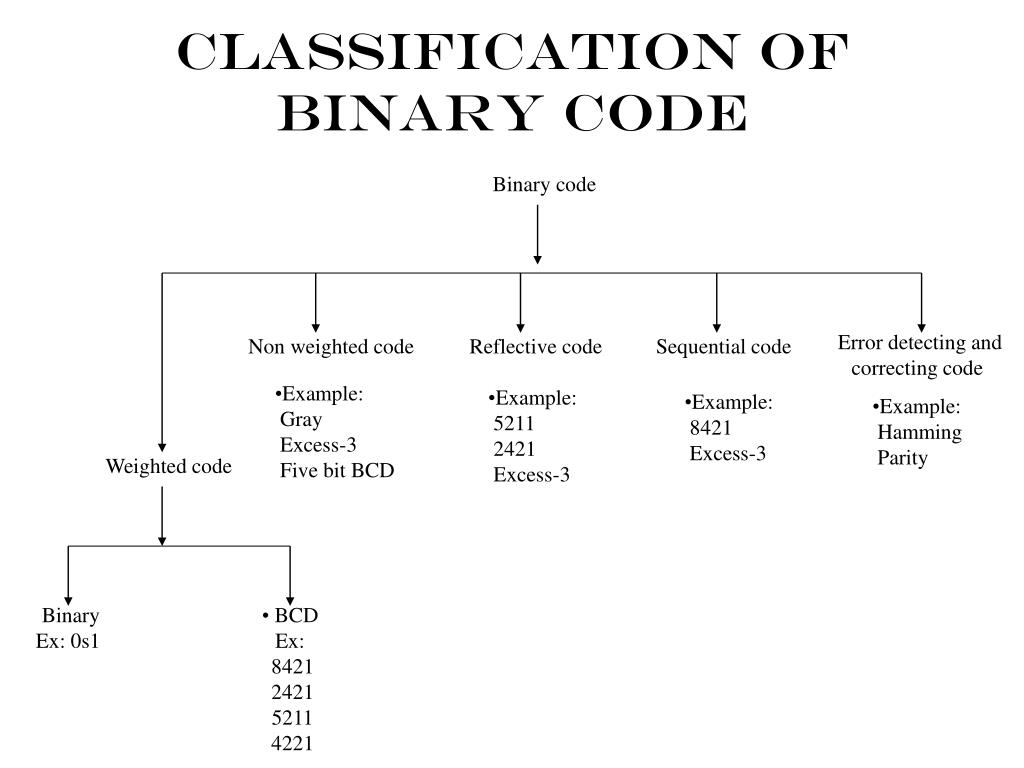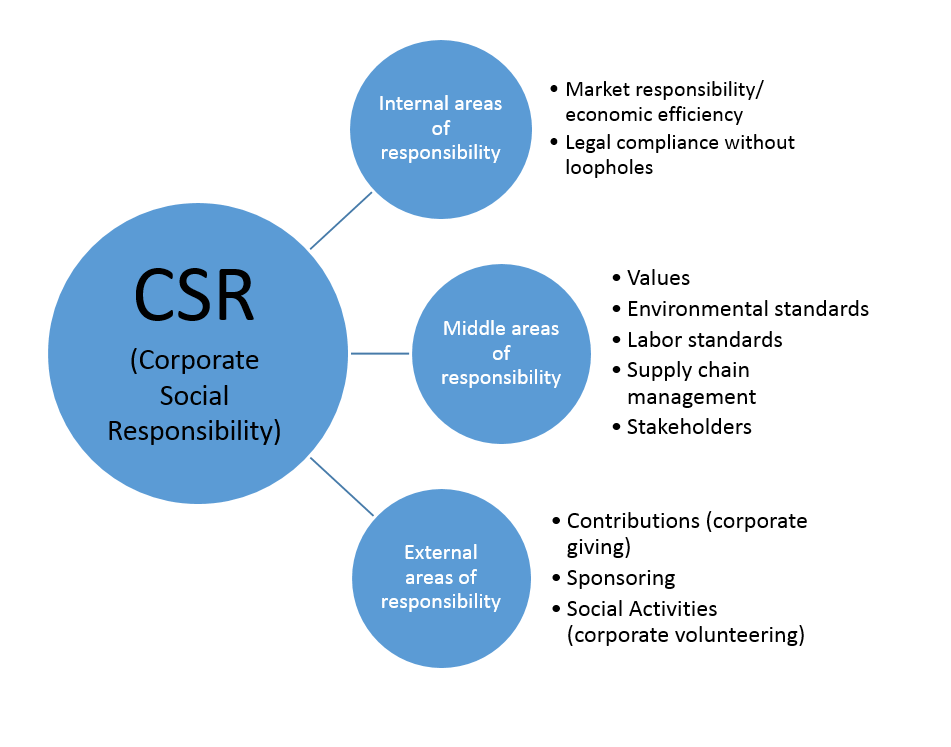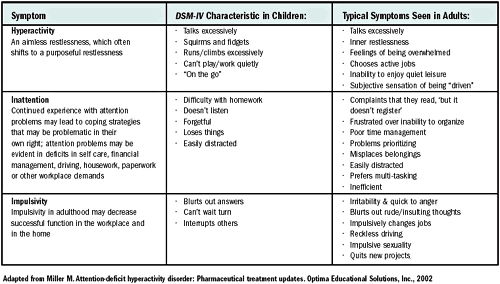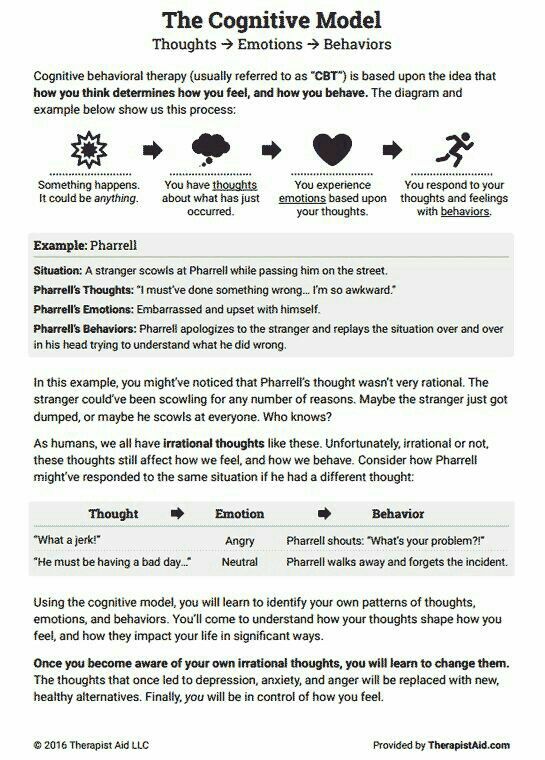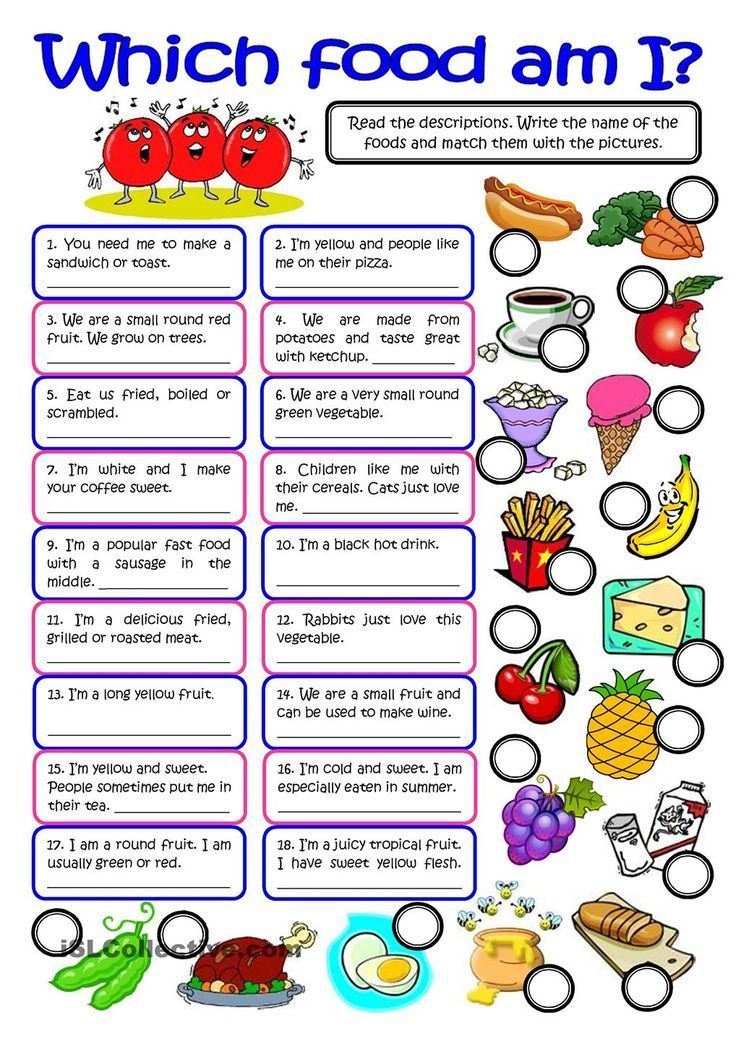Response to apology
3 Ways to Respond to an Apology Besides "It's Okay." · Dr Allison Answers
No one likes to be hurt in relationships. It’s disappointing, painful, and overwhelming. It can feel rejecting, isolating, and confusing. And yet, it happens. Part of being in relationships is getting hurt. (I know, this is not a fun thing to think about. But it’s true and important, so we are talking about it.)
Know that when I talk about “relationships,” I am referring to all kinds of relationships, not just romantic ones. Relationships with neighbors, friends, parents, bosses, siblings, coworkers, children, and in-laws. Relationships involve two, imperfect human beings, which means we sometimes let one another down. This hurt and disappointment is often, though not always, followed by an apology, an admission of wrongdoing, or an acknowledgement of what the person did and how it was hurtful.
Apologies can take the form of “I’m sorry, I didn’t mean to hurt you” or “I realize what I did was wrong.” They can be an explanation of intent, such as, “I didn’t want to take sides between you and your sister” or “I was trying to make you understand what I was saying.” Apologies can be vulnerable, half-hearted, or somewhere in-between, and they vary widely in their delivery method. Yet as widely as apologies can differ, we seem to have one, over-used, go-to response to these apologies. “It’s ok.”
Your partner says they are sorry for not thinking through how their actions would impact you.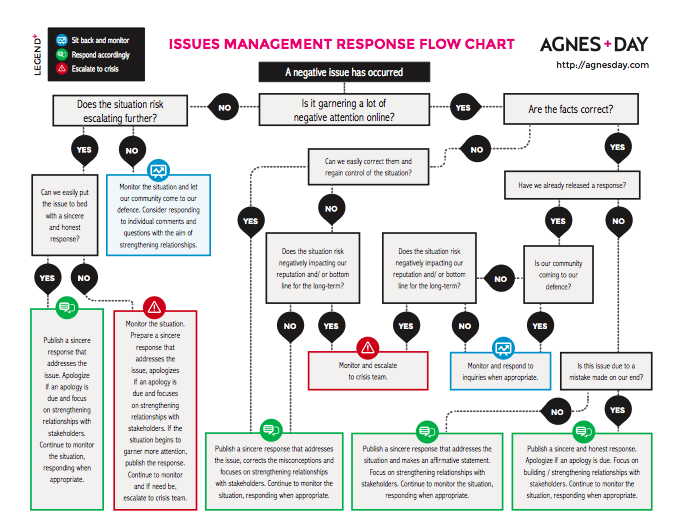 “It’s ok.”
“It’s ok.”
Your coworker apologizes for being overly harsh and critical of your idea in the team meeting. “It’s ok.”
Your sibling apologizes for not helping with your parent’s healthcare in a time of crisis. “It’s ok.”
Your child says they are sorry for hitting a classmate at school. “It’s ok.”
Your friend apologizes for gossiping about you with a shared acquaintance. “It’s ok.”
“It’s ok.”
I am not such a big fan of this response. “It’s ok,” seems to imply that all is right and all is forgiven. “It’s ok,” is often dismissive of the hurt and minimizing of the impact. “It’s ok,” sounds overly simplistic for a likely complex hurt. “It’s ok,” often leads us to absorb quite a bit of hurt and resentment, which will likely show up at a later date in the relationship.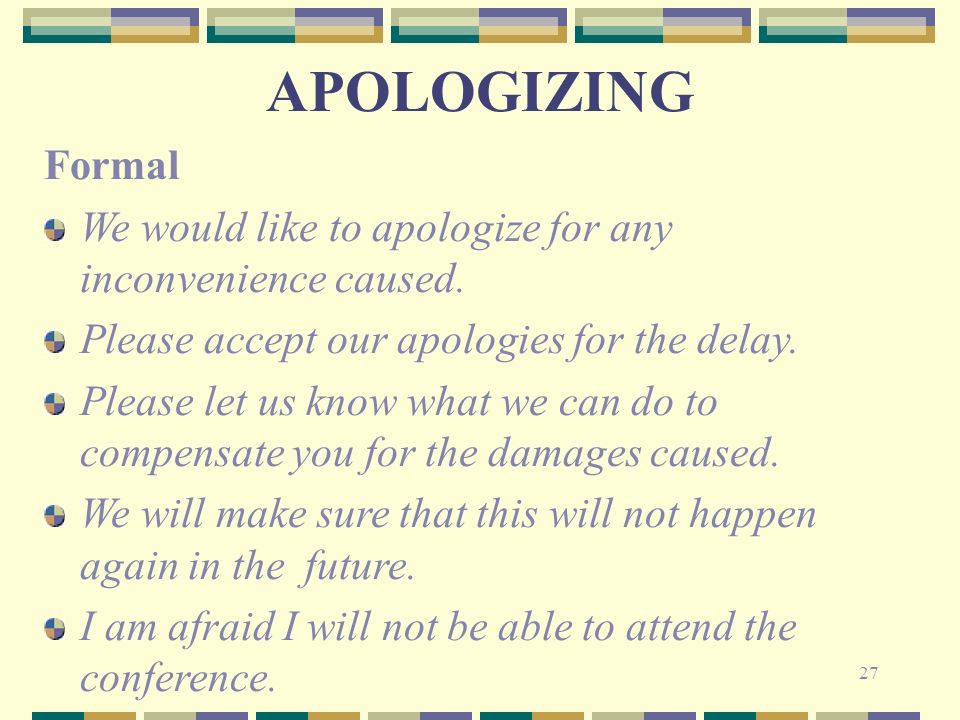
Here are three, additional ways to respond to apologies, besides, “It’s ok.”
“I appreciate your apology.” This is a way to convey warmth and gratitude for the apology, while still honoring the emotional impact the hurt had. This response often captures that you can see that the apology may have been difficult for the other person, and you want to show appreciation for their vulnerability and ownership of their role in the hurt.
“I hear you.” This communicates that you literally heard the apology and are taking it in. This is often helpful in times when you are skeptical of the apology or not ready to let your guard down enough to engage in a deeper discussion. I don’t use this response often, but when I can’t use one of the other options included in this list, I lean on, “I hear you.”
“I accept your apology.” This takes the previous two statements a step further, moving beyond recognition, communicating a heartfelt reception and integration of the apology. When I want to convey that I’m ready to move past the hurt in a meaningful way, I lean on this response.
When I want to convey that I’m ready to move past the hurt in a meaningful way, I lean on this response.
This is not to say that you can’t ever say, “It’s ok.” You totally can. However, I reserve the, “It’s ok,” response for times when I am truly, 99% unimpacted by the other person’s actions. “I’m sorry I forgot to text back; I’m sorry I am late; I’m sorry I bumped into you; I’m sorry I forgot to return the book you loaned me.” These actions don’t typically impact me in a deep way, so a short and casual response feels appropriate.
Hurt is a natural part of relationships, and while we hope to minimize the occurrence of this pain, it does happen. How we respond in these moments of pain and hurt are critical, and responding to apologies offers us an amazing opportunity to be intentional, reducing the amount of hurt and resentment that we hang onto in relationships, leading to healthier and more long-lasting relationships.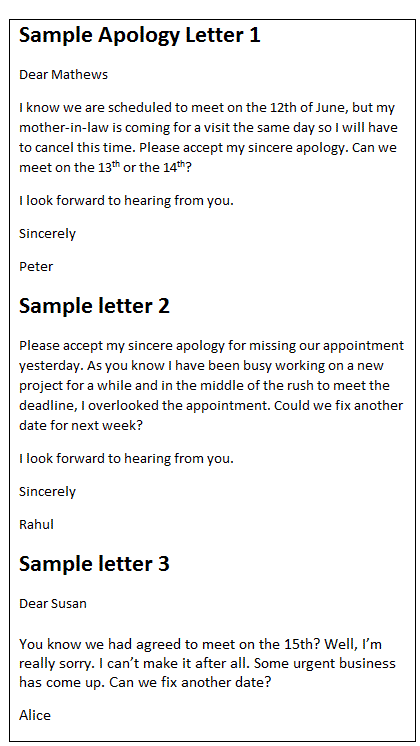
So what do you think; will you give it a go? Will you challenge yourself to respond to apologies in a more intentional and meaningful way?
The Real Reason I Haven’t Made a YouTube Video in over a Year
Hi. Hello? Is this thing on? It’s been over a year since I posted a new video. To be honest, I didn’t think anyone …
Coronavirus Anxiety: A Psychologist’s Tips to Keep Panic and Fear from Taking Over
In the last several weeks, our world has been on edge as the COVID-19 coronavirus spreads. Fear in the US …
Is Calm Worth It? Calm App Review 2020
Picture this. It’s 2006, and 23-year-old me is a brand new graduate student. Bright eyed and bushy tailed, I was …
How to Stop Procrastinating. A Psychologist’s Trick for Tackling “I’ll Do It Later.”
Procrastination might seem like a silly little habit, but if you’re a chronic procrastinator, then you know how much damage …
Do You Really Need a Mindfulness App?
Several months ago, I was talking with one of my friends’ moms.
 We’d chatted months earlier about mindfulness, and after …
We’d chatted months earlier about mindfulness, and after …You’ll Figure It Out: Opening Up About My 2019 Mantra
Several years ago, I quit making New Year’s resolutions. They felt empty and discouraging. They felt like a set up. …
Should Statements: How They’re Making You Feel Like Crap
At least once a day, on the couch in my office, something awesome happens. A client is talking, when suddenly, …
Dreading the Holidays? 7 Practical Ways to Get Through the Season
The holidays are just around the corner. For some people, the holidays are wonderful and full of holiday cheer. But …
How to Respond to an Apology: Step-By-Step
Responding to an apology can be challenging, especially if you aren’t ready to accept it. Someone may try to say “I’m sorry” for something that happened after a tragic death. Or a person might apologize quickly and try to smooth things over. How do you handle these moments without defaulting to, “It’s OK,” when it really isn’t?
Here's how to accept an apology:
- Step 1: Listen to the Apology
- Step 2: Decide if You Are Ready to Accept the Apology
- Step 3: Acknowledge Their Apology
- Step 4: Give Your Response
- Examples of How to Respond to an Apology or ‘I’m Sorry’
Apologies can create uncomfortable, awkward moments, so it’s easy to feel rushed into accepting one before really thinking about it. Here, you’ll learn more about how to listen and evaluate an apology before responding. A small amount of time can make a world of difference when a relationship is under stress.
Here, you’ll learn more about how to listen and evaluate an apology before responding. A small amount of time can make a world of difference when a relationship is under stress.
Step 1: Listen to the Apology
Find a quiet location with few distractions and prepare yourself to listen. Regardless of how ready you are to hear the apology, listen carefully with open ears.
Try to avoid reacting or interrupting and allow their apology to stand on its own. You will have plenty of time to respond after they finish speaking.
» MORE: Planning a funeral? Let Cake help with a free consultation.
Step 2: Decide if You Are Ready to Accept the Apology
Once you’ve heard the apology, you get to decide whether you’re ready to accept it. It’s kind and respectful to acknowledge a person’s apology when they offer it, but you are not obligated to accept it. These questions can help you decide how to respond.
Does it seem sincere?
Body language can betray a person who isn’t apologizing sincerely. If they seem impatient or have a defensive posture, they may not be giving you an honest apology. Eye contact, a sincere tone of voice, and lowered head are signs of humility and remorse.
If they seem impatient or have a defensive posture, they may not be giving you an honest apology. Eye contact, a sincere tone of voice, and lowered head are signs of humility and remorse.
Does it include “but” or “however”?
These two words can often cancel out an apology. It’s lip service to try smoothing over the problem. Anything a person says after, “but,” or, “however,” does not fully acknowledge their actions or your pain.
Do they acknowledge the pain they caused you?
Some people apologize by saying how awful they feel and don’t say much about the person they’re speaking to. An apology that recognizes your emotional pain is worth remembering. You need to know the other person honors your emotions before moving forward.
Do they accept responsibility for their actions?
This part is critical. For an apology to be acceptable, the other person must show they understand how their actions caused you pain. When you hear them accept personal responsibility, you have a chance at repairing the trust between you.
Do they want to move quickly past the apology and return to normal?
If they skip through the apology and try to act like everything’s normal, step back and take a breath. Their apology may be an attempt to get out of an uncomfortable situation and save face. You have reason to be doubtful.
Are you ready to move forward?
It is 100 percent OK if you aren’t ready to accept the other person’s apology at the time they offer it. Even if they are sincere and ready to make amends, you may need more time. And if you aren’t able to accept it now, say that clearly.
Still wondering how to make sense of funeral planning choices? Cake offers a complimentary consultation to assist you with understanding your options. No sales pitches, just independent information to help you save money and create the funeral you want for your loved one.
Step 3: Acknowledge Their Apology
It’s always appropriate to acknowledge someone for making a genuine effort.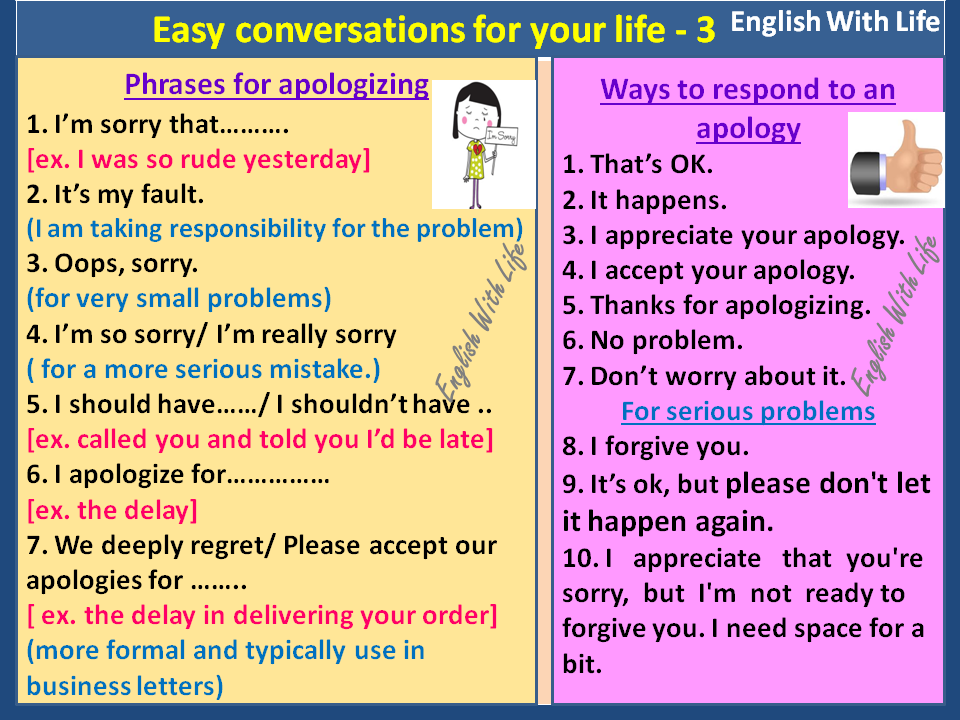 Regardless of your response, start by thanking the other person for gathering their courage and speaking up. If you have hopes of repairing your relationship, your respect and kindness are critical now.
Regardless of your response, start by thanking the other person for gathering their courage and speaking up. If you have hopes of repairing your relationship, your respect and kindness are critical now.
The other person may have hurt you, but you won’t improve anything by being hurtful in return. When both of you act in good faith, you set the stage for honest communication.
Step 4: Give Your Response
You aren’t obligated to accept an apology just because someone offers it. It’s up to you to decide whether the time is right. The following list offers up several kind and respectful responses you can give depending on your situation.
It’s OK
We often say, “It’s OK,” far too often when someone apologizes. It’s easy to say and helps us avoid feeling uncomfortable. But often, a more detailed reply is better for addressing emotional pain and restoring trust. Reserve the, “It’s OK,” answer for times when the other person’s actions have almost no effect on you or create a minor mishap.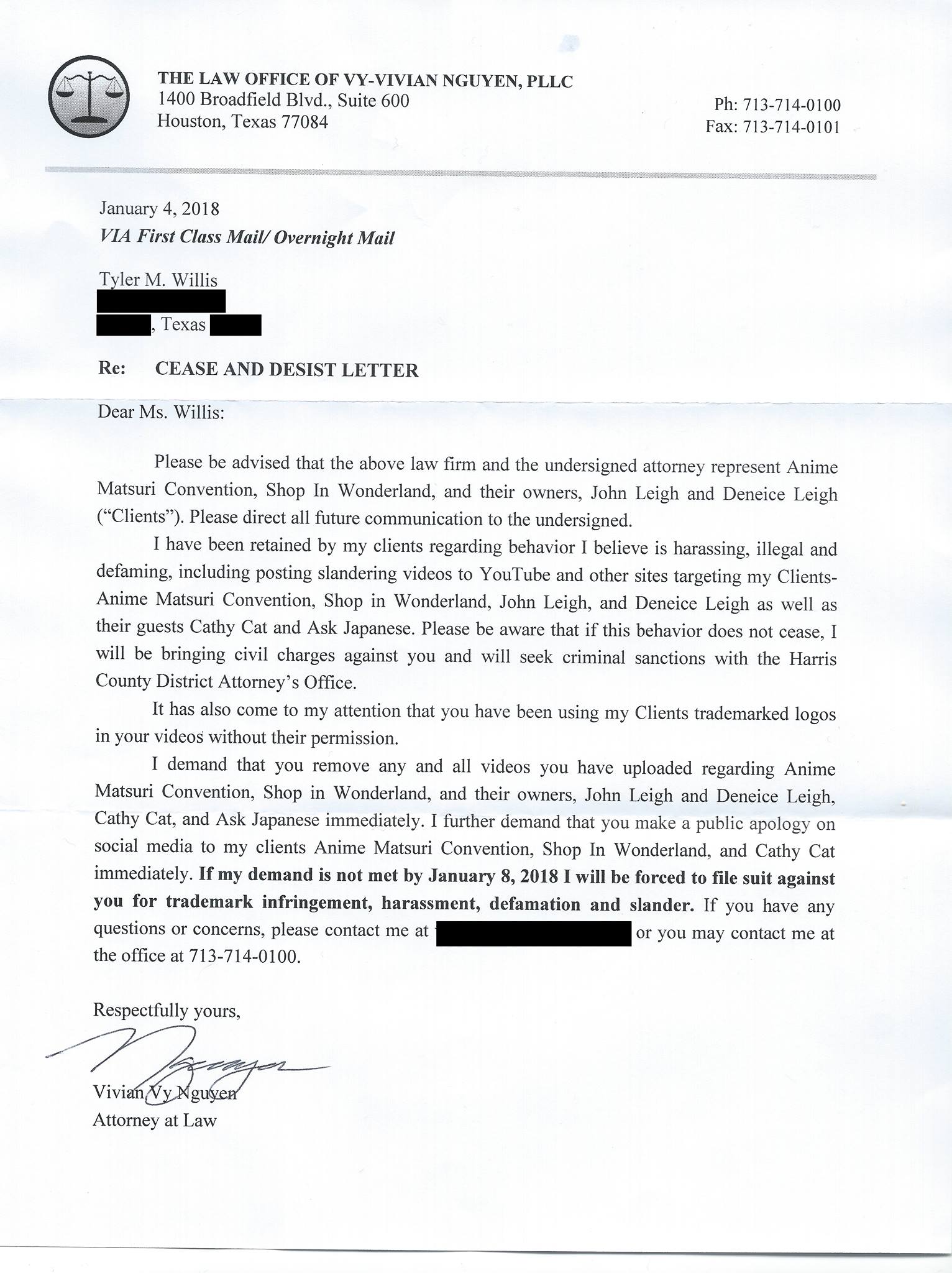
Acknowledge their effort while remaining uncertain
It takes guts to offer an apology, and this effort is worth recognizing. You can acknowledge a person’s effort to apologize without accepting it or offering forgiveness in return. Don’t feel pressured to accept an apology without being sure that you’re ready.
Thank the person for reaching out to you. If you aren’t sure about your next step, tell them you need more time to think about it. Regardless of their reaction, remain calm and kind.
Accept the apology
When you’re ready to accept someone’s apology, you can move forward with the relationship. It does not necessarily mean you have forgiven them or put the problem behind you. That step may take more time to unfold.
By accepting the apology, you acknowledge that what the other person offered was sincere and with positive intent. You believe they are willing to repair the trust between you and make up for what they did wrong.
Don’t accept the apology
You may not be ready to accept their apology right now, or you may not believe it’s sincere. If you can’t accept it, thank them and state that you appreciate what they’ve said. Some emotional wounds heal slowly, so it’s reasonable to take your time with this if you aren’t sure yet.
If you can’t accept it, thank them and state that you appreciate what they’ve said. Some emotional wounds heal slowly, so it’s reasonable to take your time with this if you aren’t sure yet.
Examples of How to Respond to an Apology or ‘I’m Sorry’
Apologies can happen in a variety of situations. Sometimes you may be dealing with other issues or aren’t emotionally ready to discuss the situation. Take a look at how these apologies are handled differently in each circumstance.
» DID YOU KNOW? Cake now offers free funeral planning consultations.
If someone’s apologizing after a death or tragic event
When tragedy strikes, grief can become overwhelming and complicated. If someone apologizes to you during this time, suggest reconnecting later. You won’t be able to process an apology clearly when you’re still in the early stages of grief.
- “Thank you for reaching out to me. I’m still dealing with a lot right now, so we’ll need to talk more later.
 ”
” - “I appreciate hearing from you, but I can’t process this right now. I just need more time to get past some of this.”
If you’re still hurt, mad, or upset
If you’re still hurt or upset by someone’s actions, be open about this. Let them say their apology and acknowledge their effort, but be clear that you aren’t fully ready to move forward yet. Commit to revisiting it later after letting your emotions settle.
- “It’s good to hear you apologize, but honestly, I’m still pretty hurt by what happened. I’m just not ready.”
- “I hear what you’re saying, and I’m sure it wasn’t easy to talk to me. I’m still angry and dealing with the fallout from what happened. We’ll have to talk another time.”
If you accept their apology
To accept an apology, you should feel that it was sincere and that the other person took full responsibility for their actions. If you feel satisfied and are ready to move forward, these responses are good ways to start the next step. Accepting an apology is not the same as forgiveness, so only say that if you are ready to let go of the issue.
Accepting an apology is not the same as forgiveness, so only say that if you are ready to let go of the issue.
- “Thank you, and I accept your apology. Let’s talk about how this goes differently from now on.”
- “Thanks for your apology, and I accept. I forgive you and am ready to let this go.”
If you need more time
Apologies don’t always happen at the right time for both people. If someone apologizes but you need more time, be honest about this. Listen first and then make it clear that you still aren’t able to accept it right now.
- “I hear you, and it’s good to listen to your apology. But this is a little too soon for me. I’m not ready to talk about this, and I just need some time. We can talk later.”
- “I understand, and it looks like you’re ready to resolve this. I wasn’t expecting an apology now, so I need more time to think about it. But thanks for saying something.”
If you think the apology is insincere
Sometimes a person apologizes before they are ready to accept responsibility.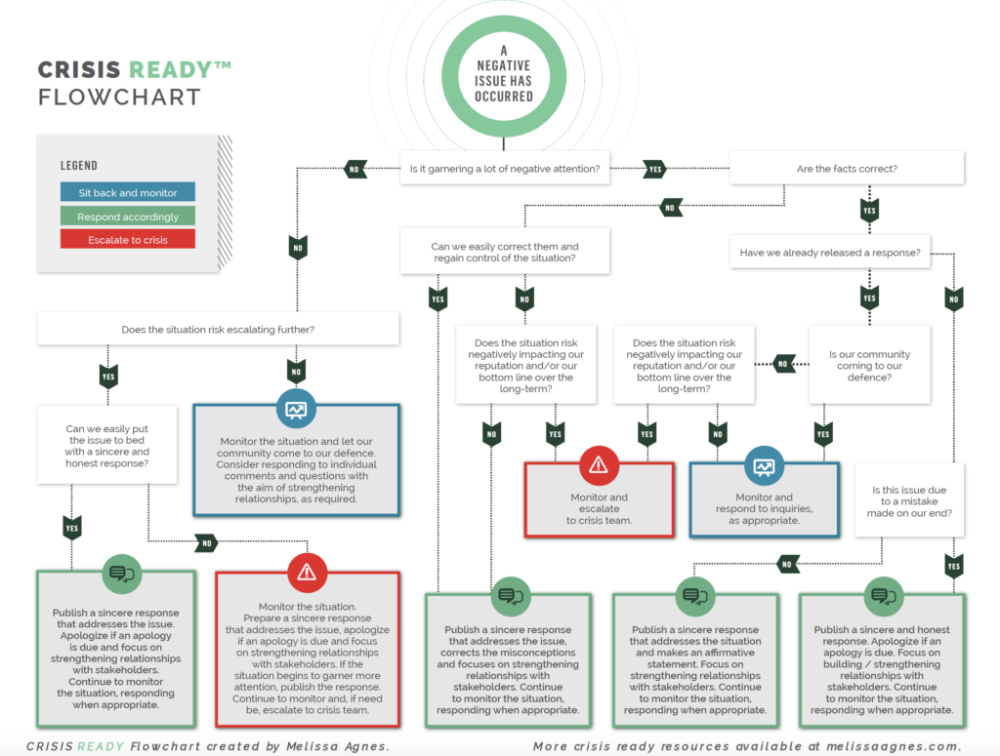 If you think they aren’t sincere, tell them you can’t accept their apology now and be clear about your reasons. Let them know what was missing in their apology and what they need to show you in the future.
If you think they aren’t sincere, tell them you can’t accept their apology now and be clear about your reasons. Let them know what was missing in their apology and what they need to show you in the future.
- “I understand, but it doesn’t seem like you mean it. You’re rushing through it, and it doesn’t seem like you’ve thought about it much. I can’t accept your apology right now.”
- “I hear you, but I’m not sure I believe you. You seem to feel bad, but I don’t hear you taking any responsibility yet. Maybe we can talk another time.”
Moving Forward After an Apology
Creating a sincere apology takes effort, and so does responding to one. Resist the knee-jerk reaction to say, “It’s OK,” and consider a more genuine answer. Responding thoughtfully to an apology helps you know when you’re ready for the next step.
Sources
- Grabmeier, Jeff. “The 6 Elements of an Effective Apology, According to Science.” Ohio State News, April 12, 2016, news.
 osu.edu/the-6-elements-of-an-effective-apology-according-to-science/
osu.edu/the-6-elements-of-an-effective-apology-according-to-science/ - Hatcher, Ida. “Evaluations of Apologies: The Effects of Apology Sincerity and Acceptance Motivation.” Marshall Digital Scholar, January 1, 2010. mds.marshall.edu/cgi/viewcontent.cgi?referer=https://www.google.com/&httpsredir=1&article=1630&context=etd
How to accept an apology correctly | Life Stories - story4u.site
If a person wants to apologize to you for a misconduct, you need to give him this opportunity, you cannot push it away, moreover, it is considered indecent. The exception is serious insults, for which a simple apology is not enough. But today we will not talk about these cases.
You also need to be able to accept apologies. There is a generally accepted set of phrases that, depending on the situation and the degree of guilt of the offender, can be used at the moment when you need to respond to an apology.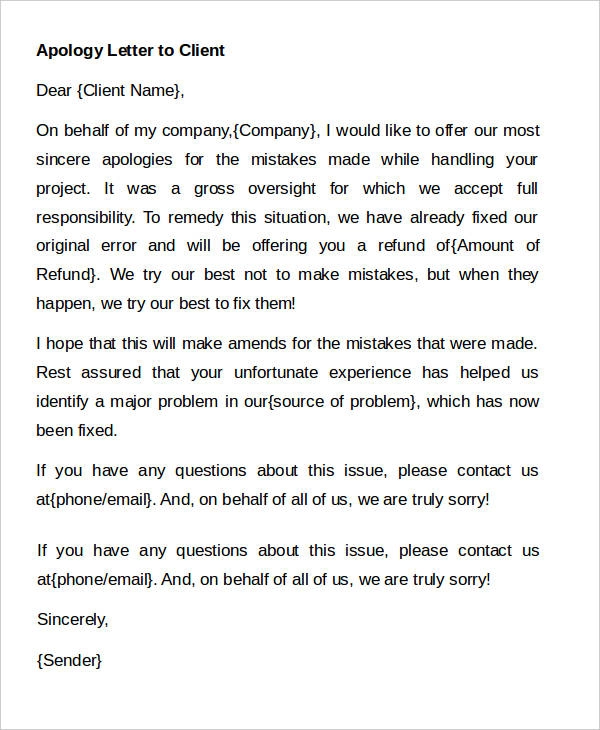 nine0005
nine0005
[caption align="aligncenter"]
[ File # csp11563692, License # 2867058 ]
Licensed through http://www.canstockphoto.com in accordance with the End User License Agreement (http://www.canstockphoto .com/legal.php)
(c) Can Stock Photo Inc. / dmitrimaruta[/caption] In the case when you receive an apology for a minor concern, for example, when you were accidentally hurt, stepped on your foot, etc., you can use the phrases:
- "It's okay, don't worry"
- "It's okay"
- "No problem"
- "Such a small thing"
- "No problem"
- "No problem"
- "No problem" worry”
If your feelings are hurt, plans are violated, a promise is not fulfilled, or when his request was not taken in the right way, the answers may be as follows:
- “You did everything that was in your power , it's okay"
- “It’s okay, I understand”
- “Everyone is fine, so don’t worry”
- “It’s not a problem for me anymore, don’t worry”
- “I apologize”
for whom it is not at all easy for you to forgive, you can answer in the following way:
- “Okay, I forgive you”
- “Make sure this never happens again”
- “I confess, I was very unpleasant, but I will try forget, apology accepted"
- “I am glad that you admitted your mistake and found the strength to apologize to me”
- “I accept your apology and will try to forget about it as soon as possible”
According to the rules of good manners, these words should be accompanied by a restrained smile.
Having accepted an apology, you have every right to keep a distance from the offender, to limit communication with him. But to recall to him about the offense once inflicted on occasion, according to the norms of etiquette, is not good: forgave - delete it, if not from memory, then from the conversation. nine0005
By default, it is assumed that since you accepted the apology, you made a commitment to forget about what happened and start building a relationship with the person from scratch.
After you received an apology, and you accepted it favorably, but no longer want to communicate with this person, you have every right to change your behavior model, transferring communication with a person from friendly to diplomatic and business, thereby increasing between you psychological distance. Be restrained in communication with him, answer politely and courteously, without undue sentimentality. By setting new boundaries, you will let the person know by your behavior that although you have forgiven him, you do not want a repetition of this experience.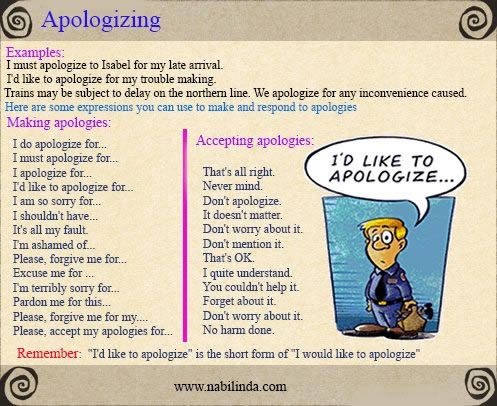 nine0005
nine0005
Summing up what has been said, I would like to note that relationships with people are unpredictable: depending on the situation, you can find yourself both in the role of an offender and an offended one. It is extremely important to be able to both apologize and accept them, freeing yourself from negativity. But we must not forget that apologies must also be accepted with dignity.
Share on social networks
You may like
How to respond to an apology
Rubric: What to sayHere is a collection of words, phrases and expressions that will help you answer when you are asked for forgiveness, apologize. Each list item is a self-sufficient (complete, complete) response text.
Recommendations for selection await you at the end of the page.
- Apologies accepted.
- Okay, I hope in the future you will learn to express your negative feelings in a non-offensive way.
- Where's the chocolate tea? You won't be able to make amends without them! nine0020
- I hope you will do your best to prevent this from happening again.
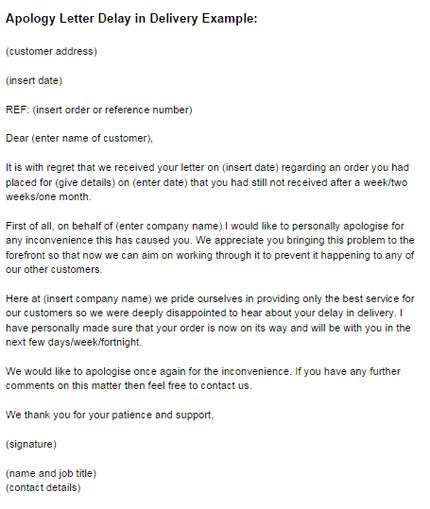 For now, I consider this topic closed.
For now, I consider this topic closed. - No need to apologize. I will remember everything for you ... at wholesale prices.
- This situation is an isolated incident in your partnership and we hope it will remain so.
- I don't hold a grudge against you, but be careful next time.
- Don't worry, everything is fine.
- I heard you. I hope your common sense doesn't fail you anymore. nine0020
- Good. Let's now decide together how we will proceed in the future in such situations, so that we both feel comfortable.
- Unfortunately, your apology does not cover the damage. Do you now have the time and willingness to discuss ways to compensate for the damage done?
- It doesn't bother me anymore, don't worry.
- Thank you for your apologies, they will help me forget the offense.
- Do you have a session of memories today, rethinking what you did and trying to return the past? Not sure if I want to take part in this. nine0020
- Don't worry about it.
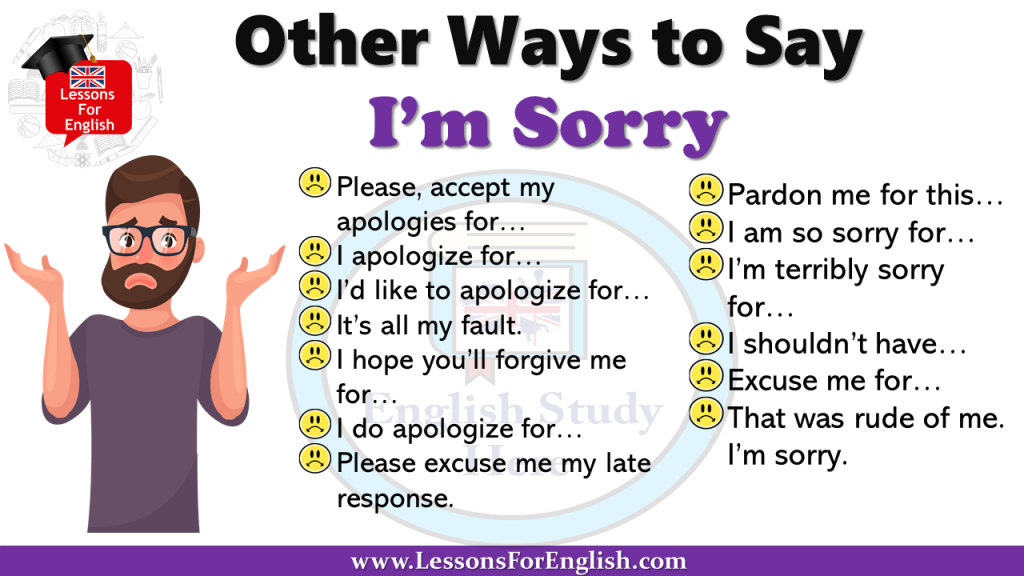
- I see that your apology is sincere, but my budget does not include money to buy a new item (to replace the damaged / broken one). Maybe together we can think about how to be?
- This is no longer a problem. Get it out of your head.
- I hope you will be better in the future?
- Your apologies and the accompanying terrifying information will surely deprive me of sleep and appetite. If I've finished my presentation, I'll go about my business. Unlike you, I have no time to engage in chatter and torment. nine0020
- Don't worry. We all make mistakes.
- You apologize so touchingly that it would be unfair not to accept repentance from you.
- I'm sorry. But for the last time.
- Theories about what you did are interesting, but not convincing. I won't rush to apologize just yet, I need time to process what I've heard.
- It's all right. It's good that no one was hurt.
- I will not hide the fact that this still offends me.
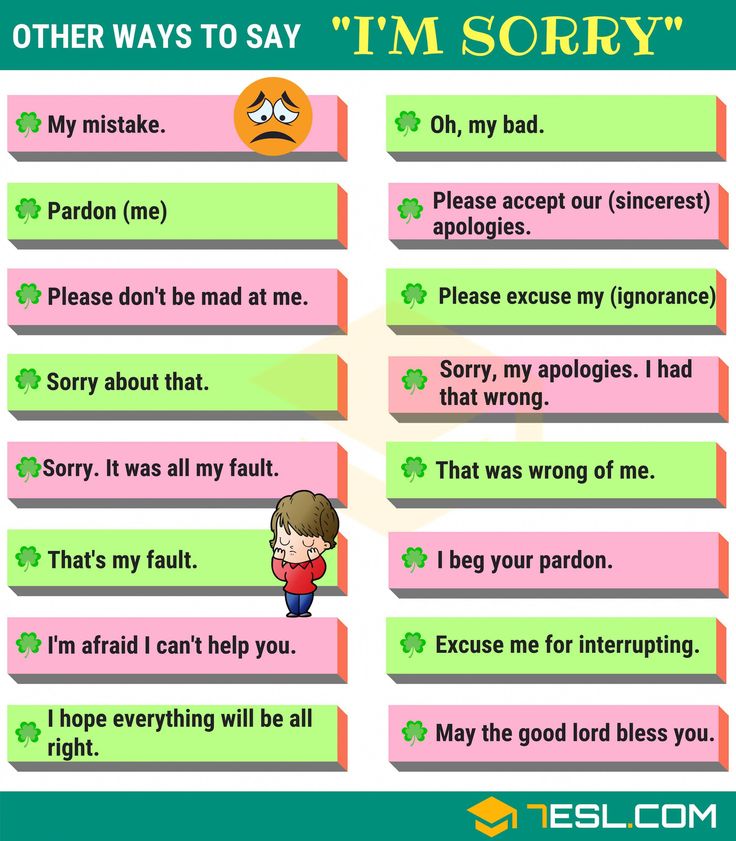 But I will try to erase the insult from my memory. nine0020
But I will try to erase the insult from my memory. nine0020 - Thank you for the explanation. I understood everything, and I am no longer angry.
- I appreciate your remorse. It will help me quickly forget the misunderstanding that has arisen. I hope this doesn't happen again in the future.
- You'd better get your missing person status back. Only this time, forever!
- Don't worry. The main thing is that everyone is alive and well.
- Thank you for taking the trouble to explain yourself and correct yourself. Let's forget about it.
- Let's start from scratch.
- Touched by your apology, but so far your remorse does not inspire confidence. I will allow myself to immediately forget about him and return to my business. nine0020
- Don't worry. I don't hold grudges.
- No problem!
- I promise to try to excuse you.
- Of course I forgive you.
- I am glad that you found the strength to admit your mistake and apologize.
 I forgive, but I can't forget yet. Therefore, I do not promise that our communication will continue in the same format.
I forgive, but I can't forget yet. Therefore, I do not promise that our communication will continue in the same format. - Don't blame yourself. It's just that both of us were unlucky, the circumstances were not in our favor.
- Everything is fine, I already forgot!
- You have now revealed yourself to me. Now I'm even glad that this misunderstanding happened.
- These are trifles. You didn't do anything terrible.
- Never mind, everything is fine.
- It's nice that you have a conscience. So I wasn't wrong about you.
- I am no longer angry.
- Would you forgive yourself?
- I am sincerely sorry that you have to apologize. It's not your fault what happened. There should be another person in your place now. nine0020
- No need to apologize. It was the result of a misunderstanding on both sides. Now we will know more about each other.
- Your worries are in vain. I'm not mad at you anymore.
- And forgive me for my intemperance.
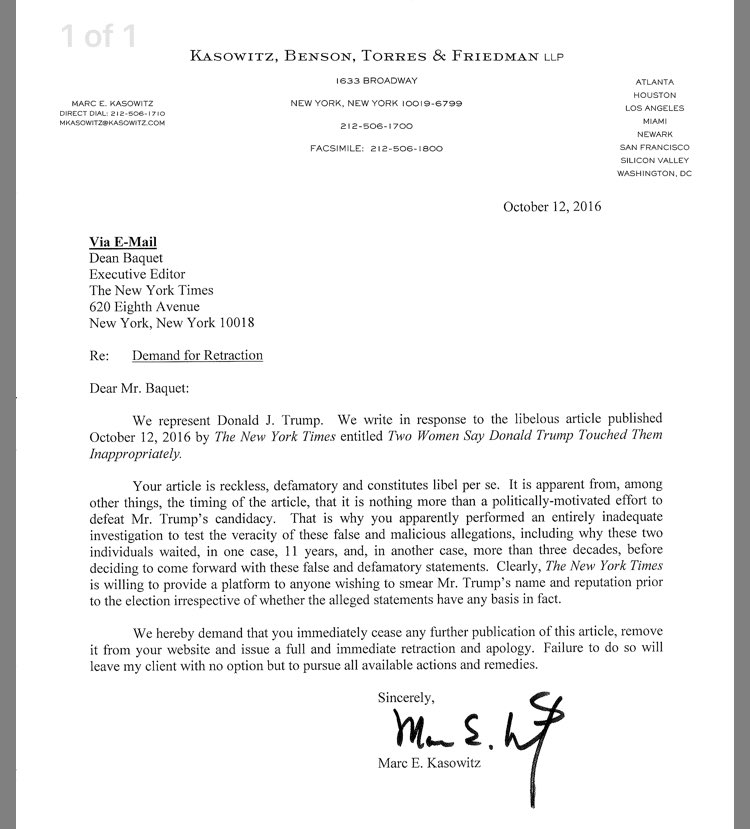 I was in a bad mood (feeling) that day, so I flared up.
I was in a bad mood (feeling) that day, so I flared up. - I forgive you with pleasure.
- Let's forget. Nothing could be changed there.
- Yes, today is a good day to forgive each other. I give you my forgiveness and I hope that you will be able to forget all the insults. nine0020
- I didn't take offense at you.
- I appreciate your attempt at reconciliation. I think we have reached an understanding. Let's discuss other questions now.
- Good. From that day on, it's all in the past.
- Didn't know that you could be tormented by remorse. I'll probably forgive you, but I won't be able to forget - this is not forgotten.
- Apologies accepted. And let nothing interfere with our friendship from today.
- I'll forgive you, but don't do that again. nine0020
- Of course I'll forgive you. Condescension to one's neighbor is one of the strengths of my character.
- Trivia. What was, is gone.
- Thank you for your repentance, it convinced me that I was dealing with a decent person.
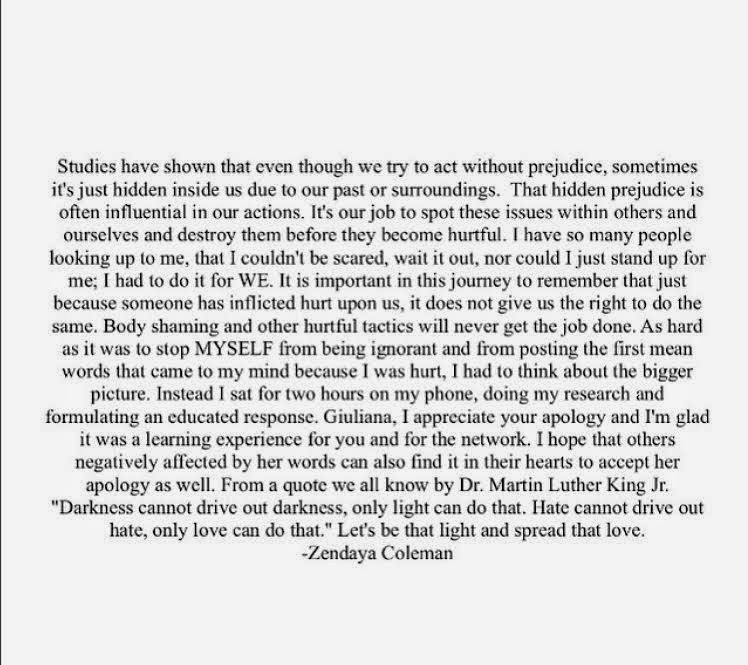
- Okay, forgot. I can't be mad at you forever. Anything happens.
- I accept your apologies. I know that you didn't do it on purpose (without malicious intent).
- I wasn't angry. You just thought.
- I agree to reconciliation. Hopefully this experience will make us both smarter. nine0020
- You are late. Forgiveness Sunday was yesterday.
- Apology accepted. It was unpleasant for me, but I will try to forget this incident as soon as possible.
- Thank you for telling me your thoughts about your own behavior. Now I will know what you thought about in your free time.
- Not ready to accept your apology yet. Perhaps we will return to this topic later.
- God will forgive!
- I hope you really realized that you were wrong. You can consider yourself forgiven. nine0020
- Okay, let's forget the past. I'm not an angel either.
- I am pleased that our relationship is dearer to you than pride.
- I, too, am sorry that this happened.
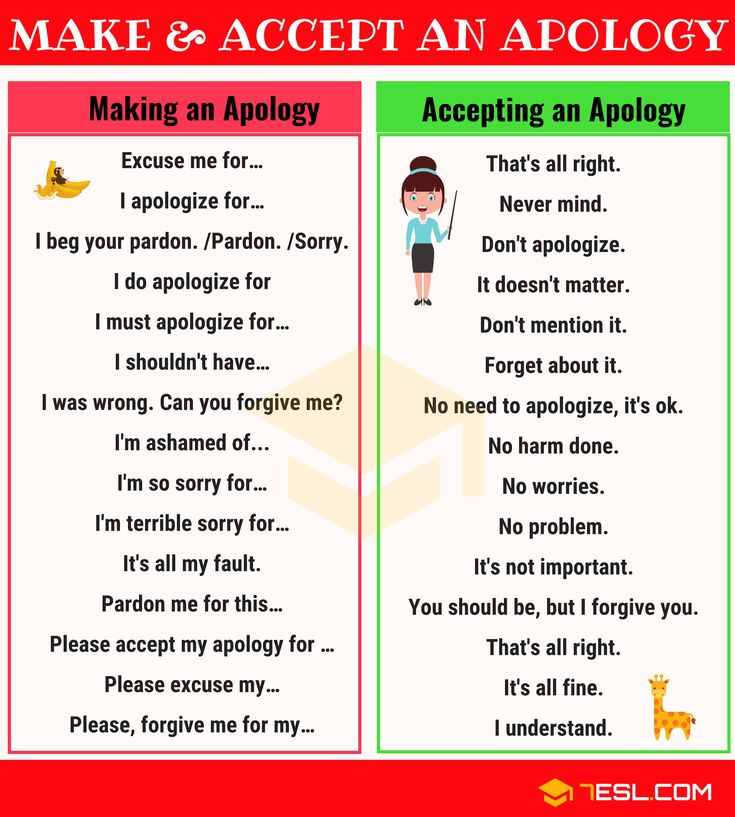 I'll try to forgive you, but I can't promise anything.
I'll try to forgive you, but I can't promise anything. - God forgives and I forgive.
- Oh, you don't even have to apologize for these trifles.
- Good. Now I would like you to solve the issue of repairing the damaged item.
- I will remember your words for years to come…
- You look like a man reading his tax return aloud… I can't refuse your forgiveness. nine0020
- How beautifully and convincingly you apologize. When I have free time, I'll think about what to do with it...
- Just don't use so many questionable substances next time and you won't have to apologize.
- I'm sorry to be rude, but I hope I never see you again in my life.
- God forgave and commanded us.
- Okay, so be it, I'm sorry. I can't watch you tormented by guilt forever.
- Why are you looking at me as if you rang the doorbell and with the New Testament in your hands began to ask if I was ready to “let Christ into my life”? Of course, I am ready to restore peace and normal relations between us.
 nine0020
nine0020 - And are you willing to compensate me for the cost of repairing the item (broken by you)?
- Don't waste your energy on feeling guilty. I don't know how to be angry for a long time with those I truly love.
- You even apologize as a person with a black soul. Kindly leave me and take your place in hell.
- I think it's unforgivable to continue torturing each other, we need to hurry to be happy again. It's good that you gave us both the opportunity and apologized. Trouble in the past. nine0020
- I understand you. I hope our friendship is strong enough to survive this situation. I will try very hard to deal with resentment, let it go and forgive you.
- Okay, I'm not angry anymore. And for God's sake, get out!
- I forgive and I say goodbye. I am the best thing in your life, and you are the worst thing in mine. And I'm fed up with this toxic relationship. Leave.
- I'm also sorry when a good person is ignited by a bad idea. Let's consider that we both got an invaluable experience that does not need to be repeated.
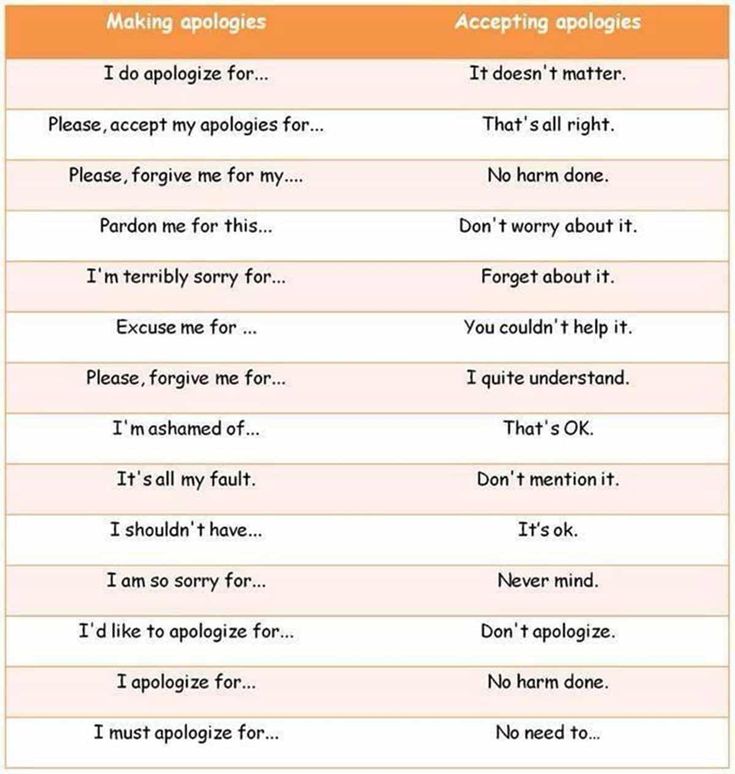 nine0020
nine0020 - Thank you for being able to apologize. I appreciate it.
- I'll forgive you, but you won't get off with words alone. You still need to fix the situation (pay for the repair of the thing, buy a new one to replace the damaged one, etc.).
- Well, what are you... I have not had time to be offended, and you are already apologizing.
- I'm sorry. Everyone has the right to make a mistake, but not everyone knows how to realize it.
- Forgiveness is possible only after punishment. First, I will appoint a punishment, and then we will talk about your forgiveness. Ready to be punished? nine0020
- I consider the conflict resolved.
- Good. How soon can you fix what's broken?
- Yes, it's a pity that this happened. I need time to calm down.
- Apology accepted, but the issue of compensation remains open. I would like to resolve this issue as soon as possible - do not delay, please.
- It should be celebrated with cognac.
 .. Cognac is very conducive to expiation of sins.
.. Cognac is very conducive to expiation of sins. - I guess I'll have to excuse you. Otherwise, I will earn the dubious reputation of a vindictive witch ...
- It is impossible to be angry with you for long.
- I love reciprocity: how sincere your apology is, how sincere is my forgiveness.
- What indulgence do you expect from me: a hug or a kiss?
- Okay, you should be given a chance to improve. But there will be no second chance, I warn you.
- You can't spread an apology on bread or put it in your pocket. How are you going to atone for sins?
- Okay, we all learn from our mistakes. Only the smart ones learn from the mistakes of others. I hope we both get smarter in the future. nine0020
- This isn't the first time... I don't want our relationship to be constantly marred by asking for forgiveness.
- Betrayal cannot be forgiven, but I will try.
- God will forgive, and it is not my task to organize your meeting.
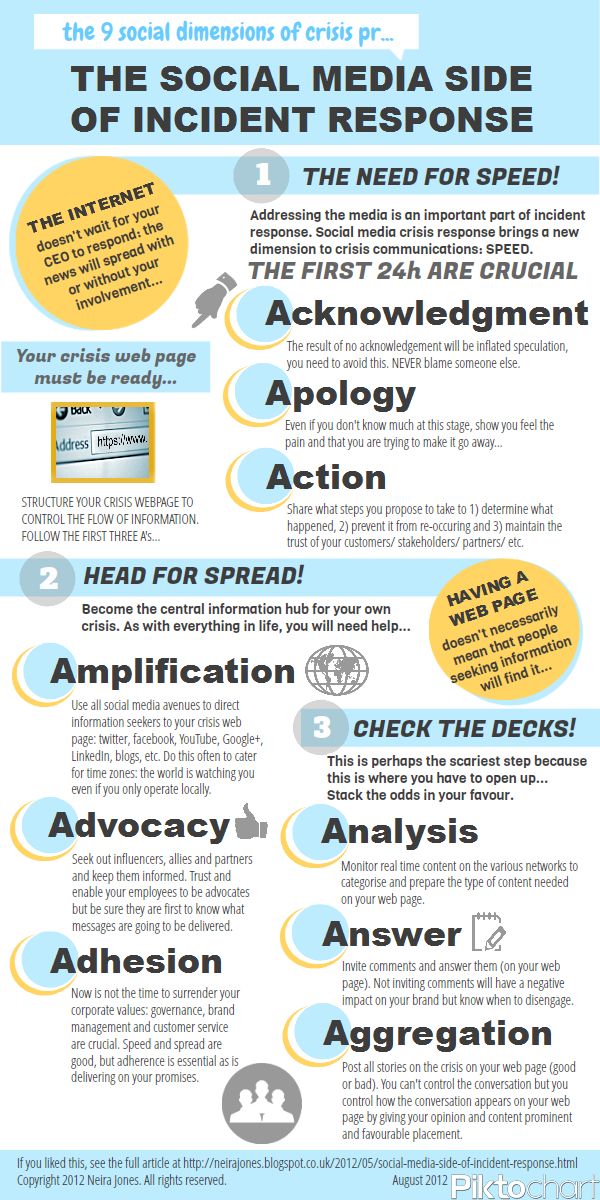
- I should think…
- Thank you for taking the step towards reconciliation, otherwise I did not know how to resolve this situation.
- I'm sorry, I have nowhere else to get forgiveness for you. You have exhausted your limit for a long time.
- You shouldn't worry so much about the inconvenience caused. I took revenge on you a long time ago, you just haven't heard about it yet.
If you have difficulty choosing the best answer, the following recommendations will help you:
- An adequate assessment of guilt will help you choose the best answer. For example, if a person is only to blame for the fact that he unintentionally (due to circumstances, environmental conditions, etc.) bumped into you, then the phrases “It’s okay, you didn’t plan anything bad”, “Trifles, don’t worry!” , and the like - will be appropriate. In this case, the “guilty” didn’t actually do anything wrong, but he thinks he offended/insulted you. If a person spoiled (broke, rendered unusable, destroyed, lost, etc.
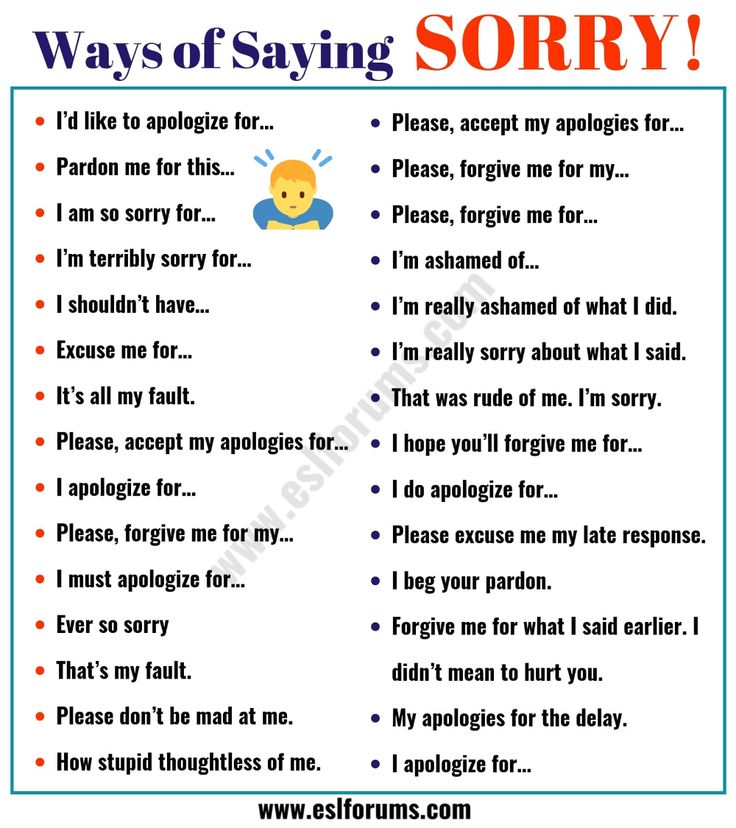 ) material things / valuables - the above answers will be relevant only in cases where the damaged thing had no significance for you, was not used and was not needed. However, by using these phrases (as if brushing aside the problem) in cases where material damage is caused by a child, you seem to inform him that things are worthless and, therefore, the culprit should not think about making amends and apologize - so you contribute to the formation in the child of an irresponsible attitude towards other people's property. As a result of such an attitude, he can more than once get into unpleasant situations already in adulthood (if this belief takes root in the mind). nine0020
) material things / valuables - the above answers will be relevant only in cases where the damaged thing had no significance for you, was not used and was not needed. However, by using these phrases (as if brushing aside the problem) in cases where material damage is caused by a child, you seem to inform him that things are worthless and, therefore, the culprit should not think about making amends and apologize - so you contribute to the formation in the child of an irresponsible attitude towards other people's property. As a result of such an attitude, he can more than once get into unpleasant situations already in adulthood (if this belief takes root in the mind). nine0020 - In addition to the degree of guilt, determine whether (other than an apology) compensation is required from the culprit (in case of damage/loss of any property). If compensation for the harm caused is required, and the guilty person did not talk about it, choose those phrases that will turn the conversation in the direction you need (that is, phrases that include a reminder of the need to compensate for the damage).
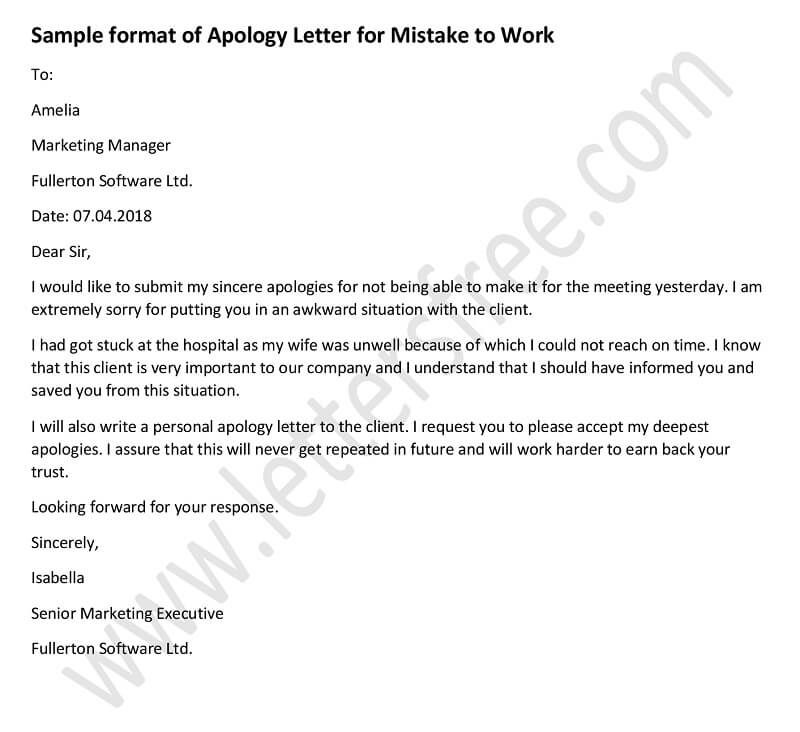 These phrases include: “Are you ready (a) to compensate me for the repair of the damaged item or will you make this repair yourself?”, “Good. Now I would like to discuss the repair of a broken thing. nine0020
These phrases include: “Are you ready (a) to compensate me for the repair of the damaged item or will you make this repair yourself?”, “Good. Now I would like to discuss the repair of a broken thing. nine0020 - Also determine if you would like to develop a further relationship with the perpetrator. After you apologize, you don't have to keep the friendship with the person, but you don't have to end it either. In this case, the decision to resume or terminate the relationship depends on you, your desire, intentions, circumstances, etc. If you accept an apology, then you confirm your agreement to forget about what happened (according to the rules of etiquette).
- If, due to the fault of a person, important plans were violated / did not come true, or his actions did not receive the expected (and promised to you) result - choose such phrases to make him feel better (for example: “Don’t worry so much. After all, you did (a) everything in your power", "Let's forget. Nothing could be changed.
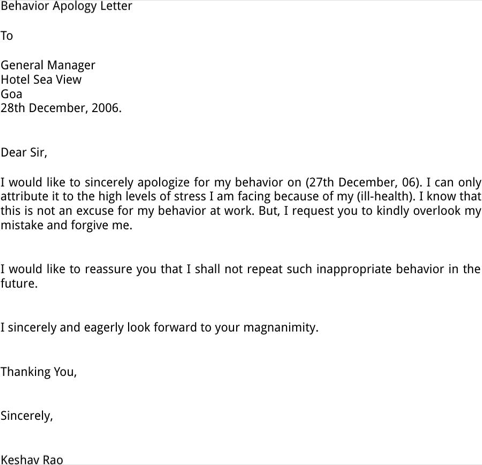 But we got valuable experience", "The main thing is that we are all alive, healthy, no one was hurt"). nine0020
But we got valuable experience", "The main thing is that we are all alive, healthy, no one was hurt"). nine0020 - If the interlocutor does not apologize for the misconduct for the first time (here, significant “sins” are meant), and continues to commit these misconduct, abusing your patience, and you no longer have the desire to endlessly justify and forgive him, choose a phrase that will communicate your distrust ( for example: “You do this all the time and this time my forgiveness is the last”, “You have repeatedly apologized and continue to let me down, so I do not forgive you now and will not forgive you in the future”).
- If you have a desire to accept an apology, but doubt whether it is worth doing it, choose a phrase that will tell the interlocutor about your doubts and, perhaps, he will dispel them (for example: “Good. Let's decide how we will act in the future in such situations to be comfortable for both of us", "I'm afraid this won't be the last time. I think I'll be on my toes now waiting for the next such trick and I'm not sure if I need to forget this incident", etc.
 ) . This is better than formally accepting an apology, but holding a grudge and pretending everything is fine. nine0020
) . This is better than formally accepting an apology, but holding a grudge and pretending everything is fine. nine0020 - If you plan to maintain an even (friendly, family, professional, etc.) relationship, choose phrases that include gratitude for the apology (for example: “Thank you for finding the strength to admit the mistake, explain the misunderstanding and apologize. I appreciate your words ”, “Thank you for appreciating our friendship more than your own pride”, etc.). The offender will not only be pleased that you appreciated his courage, but also calmly - a settled problem reduces the feeling of internal anxiety, reduces the level of stress (for all participants in the situation). nine0020
- If you have firmly decided that there can be no further relationship between you, you are not ready to forgive, and you are not interested in explanations, choose phrases that will inform your opponent about your intentions. However, when choosing sarcastic phrases, with subtext, ambiguous, make sure that the addressee (the one to whom you address your words) is emotionally stable, balanced, able to accept your answer without aggression.
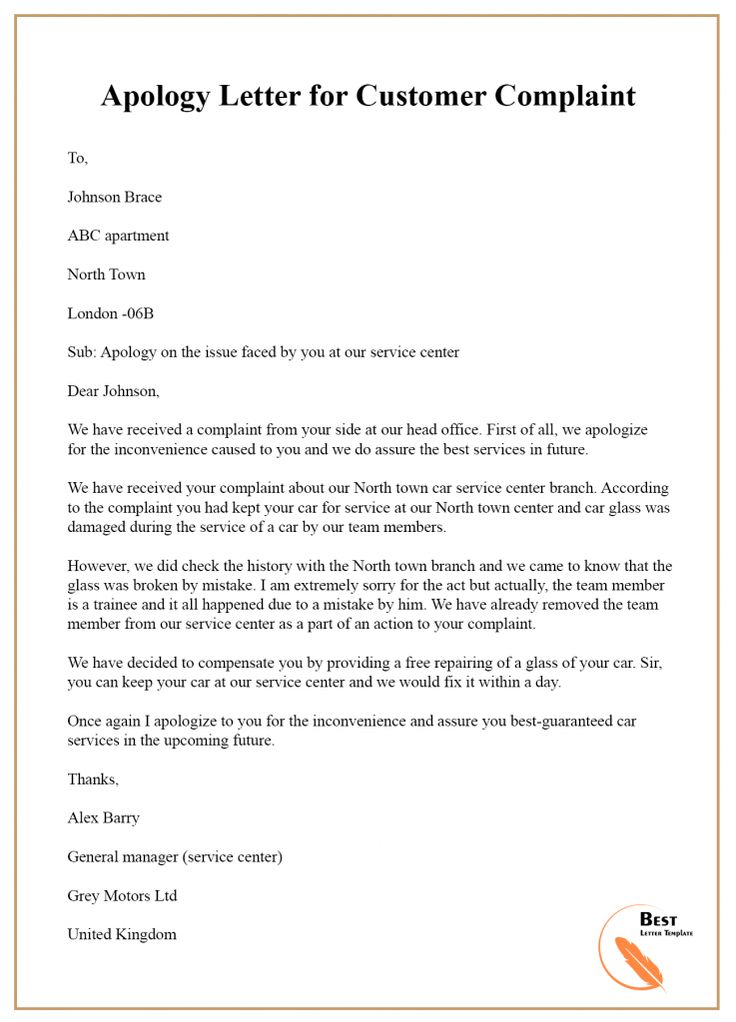
- If you do not intend to accept an apology and assume that the culprit is emotionally unstable, unbalanced, short-tempered, aggressive, can harm himself or you (after refusal) - try to choose a neutral phrase for your answer that does not offend him, does not damage self-esteem, does not will cause an outbreak of aggression, resentment, etc. (that is, a phrase without sarcasm, ambiguity, harshness, rudeness, etc.). In this case, it’s better not to take risks, not to put pressure, not to aggravate the stressful situation, so as not to become the culprit of trouble yourself (such phrases include: “Thank you for your apologies, now it will be easier for me to forget the offense”, “Apologies are accepted”, “Okay, From this day on, it's all in the past." At the same time, it is not necessary to give the interlocutor a false hope (or a direct promise) for the resumption of the previous relationship as if nothing had happened. Especially if you do not plan to maintain any relationship in the future.
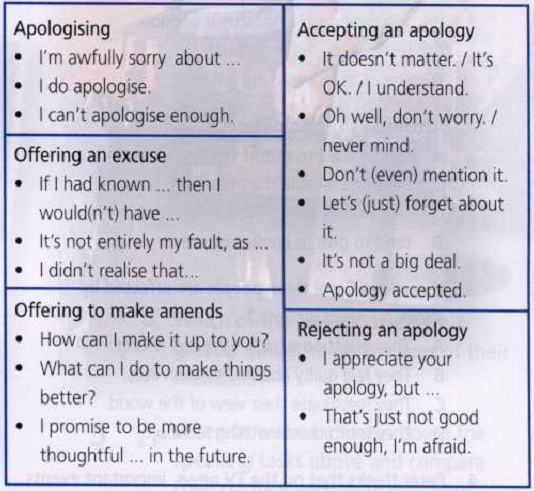 nine0020
nine0020 - The phrases “It's okay”, “Let's forget about it” do not allow the interlocutor to understand how much you accepted the apology. When choosing a similar answer, reinforce it with a friendly smile, gesture (for example, a handshake, etc.), facial expressions, intonation, so that the addressee is convinced of your forgiveness (if you want to convince him of this). Or supplement such an answer with the phrases “I understand you and I’m not angry”, “This happened for the first time and I’m sure that it won’t happen again”, “I know that you did it by accident, without malicious intent.” You can also supplement your answer with an offer / invitation to spend time together (for example: go for a walk, drink coffee in a coffee shop, participate in a cultural event, visit an exhibition / cinema / gallery, etc.) - this way you let the interlocutor understand that you want to stay on friendly terms and enjoy his/her company. If you answer in a similar way in correspondence (in social networks, etc.
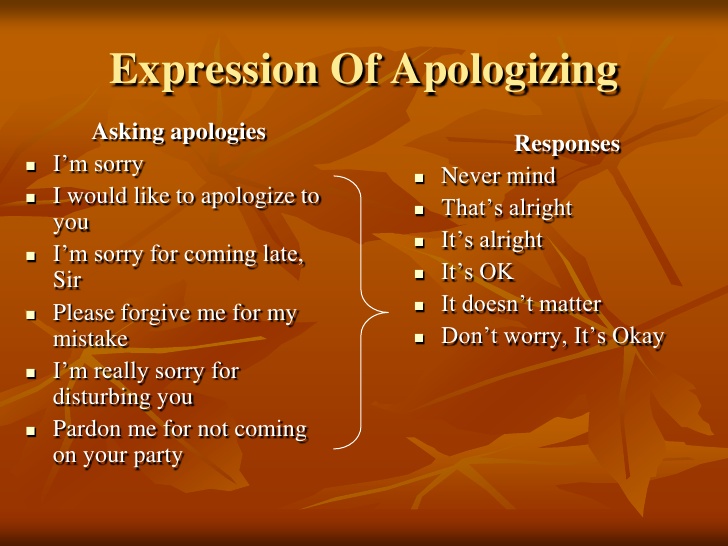 ), be sure to support your answer with the listed additional phrases, since in this case you do not have the opportunity to reinforce words with gestures, facial expressions, intonation, and the interlocutor will continue to remain in the dark regarding your decision to accept or not accept his remorse. nine0020
), be sure to support your answer with the listed additional phrases, since in this case you do not have the opportunity to reinforce words with gestures, facial expressions, intonation, and the interlocutor will continue to remain in the dark regarding your decision to accept or not accept his remorse. nine0020 - If you accept an apology from a child, avoid moralizing, rudeness, and such phrases as: “I told you!”, “Mom should have listened!”. Accepting an apology with a "stone" face, ignoring, refusing to talk, not listening, stubbornly silent, additionally punishing, asking "What are you apologizing for?" also not necessary (often it is dangerous for the child's psyche). Feelings of guilt and disturbed peace in relationships are already a significant punishment for a small person, and asking for forgiveness is a psychologically difficult test for him. Therefore, the moment of accepting an apology should not be made difficult, unpleasant, filled with shouting and criticism, strengthen the feeling of shame (he should not learn to apologize through shame).
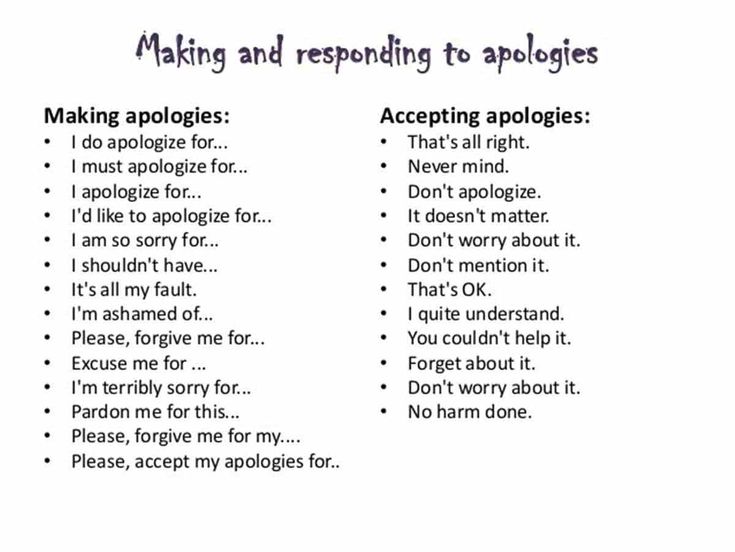 In this case, it is enough to hug and use such phrases as: “Nothing, anything happens in life ... The main thing is that we have each other”, “Thank you for apologizing. Now I’m not so offended and I will soon forget all the bad things. nine0020
In this case, it is enough to hug and use such phrases as: “Nothing, anything happens in life ... The main thing is that we have each other”, “Thank you for apologizing. Now I’m not so offended and I will soon forget all the bad things. nine0020 - In business communication, as well as in formal, secular and any other, the degree of guilt matters in choosing the optimal answer. If a colleague/partner accidentally left a mug of tea on your desk (that is, he did nothing “criminal”, but feels embarrassed that he unintentionally annoyed you) and apologizes for this, the phrases: “It's okay , the mug didn’t bother me”, “Everything is in order, not a single document was damaged”, etc. In cases where you accept an apology for more significant errors, the same recommendations are relevant as for other communications (see paragraphs with No. 1 to No. 10 of these recommendations), with the only difference that sarcastic, ambiguous phrases are not used as an answer. Sufficient will be neutral, formal answers (without dubious humor, harshness, rudeness, without familiarity), said without malice, with restraint, without unnecessary emotions (for example: “The situation that has arisen is an isolated case in your partnership and, we hope, it will remain so”, “ I propose to decide how we will proceed in the future in such situations, so that we both feel comfortable", "I hope you will do everything possible so that this does not happen again.
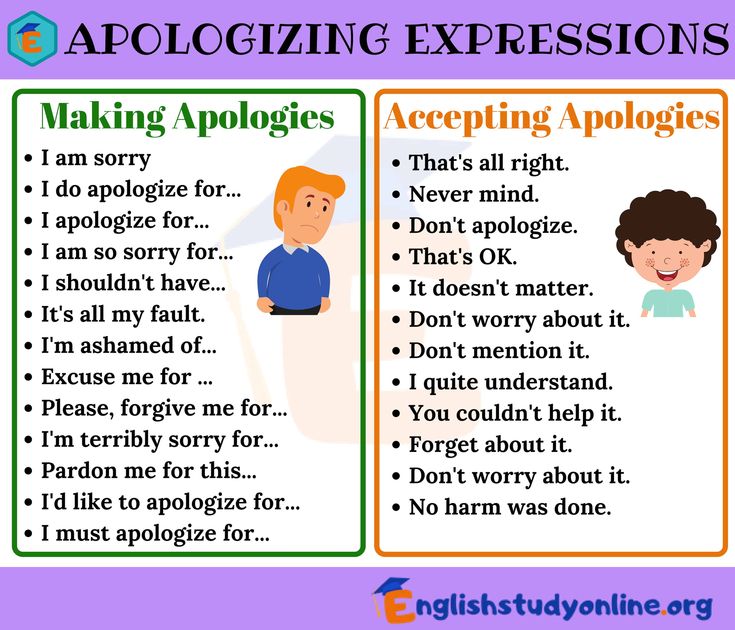 We will consider the misunderstanding settled"). nine0020
We will consider the misunderstanding settled"). nine0020 - On the day of Forgiveness Sunday, it is enough to answer “God forgave, and I forgive!”, “I give you my forgiveness and I will be glad (a) if you manage to forgive all the grief that I (consciously or unintentionally) caused you (a) ". At the same time, it is not required to remember and list everything you did / said that offended or theoretically could ever offend a person.
- In general, to select the optimal phrase, it will be sufficient to adequately assess how serious the misconduct (inflicted discomfort, damage, broken promises, provoked troubles, etc.) committed towards you, and what is the ultimate goal of the conversation ( for example, the goal might be: to restore a positive relationship or stop all communication forever, settle the issue of compensation for the harm caused, etc.). For an adequate assessment of guilt, it is necessary to learn to clearly distinguish between guilt and guilt itself. A person can only be held responsible for conscious decisions and actions.
